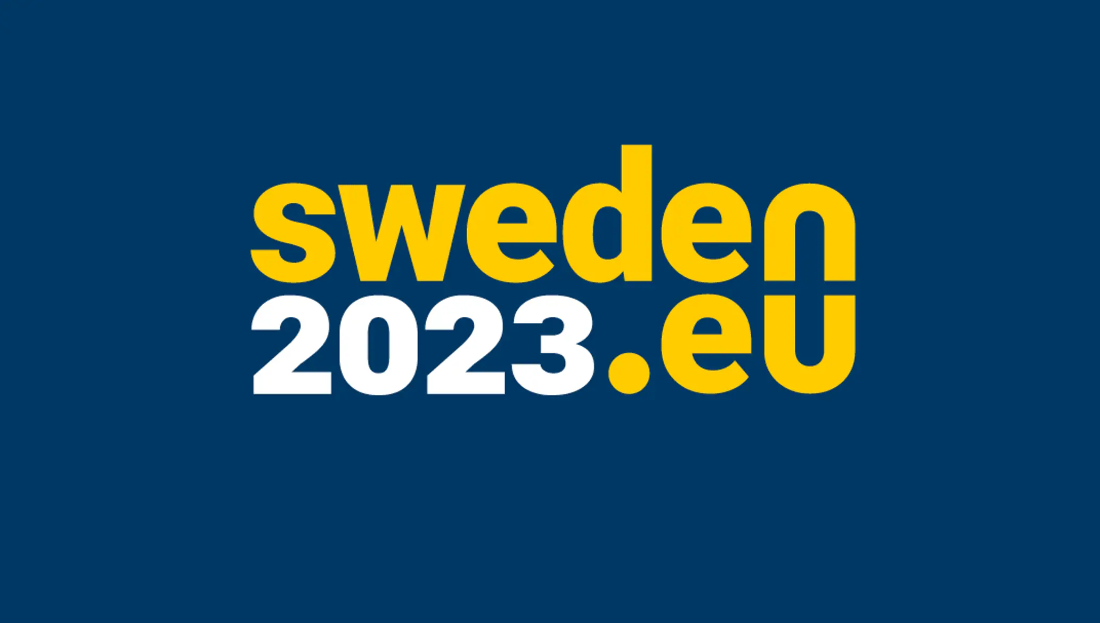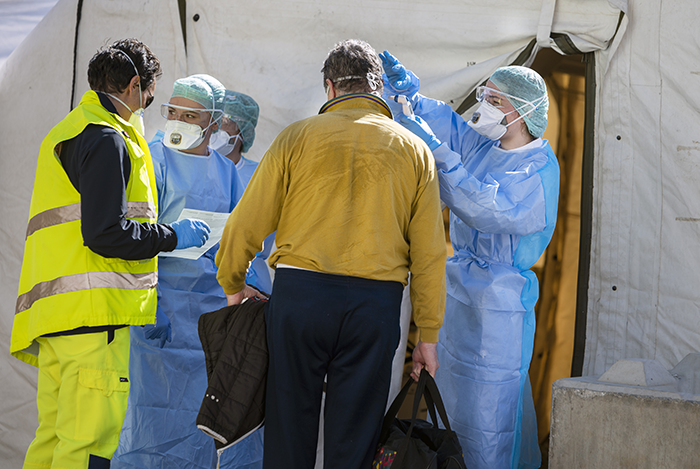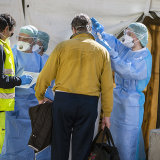Eurofound has been analysing occupational health and safety since the 1990s and recognises that health issues are a central part of an organisation’s structure and development, for workers and employers alike. Analysis of survey data has been carried out to investigate the links between working conditions and health and safety. This is done in close consultation with the European Agency for Safety and Health at Work (EU-OSHA). Eurofound has a cooperation agreement with EU-OSHA which sets out opportunities for joint activities in this area and for further forms of exchange.
Survey data
Eurofound’s European Working Conditions Survey (EWCS) is a prime source of information on job quality and its correlation with the health and well-being of different groups of workers. Building on the analysis from previous editions of the survey, EWCS 2024 will continue to investigate the associations between working conditions and the physical and mental health of workers and absenteeism and presenteeism.
The situation faced by workers during the COVID-19 pandemic was captured by the European Working Conditions Telephone Survey (EWCTS), which Eurofound carried out in 2021. Based on an adapted EWCS questionnaire, the EWCTS 2021 investigated the specific challenges to the health and safety and well-being of workers during the pandemic. Access the data below.
Health and mental health are important components associated with a person’s quality of life and longevity, as well as their ability to work. The European Quality of Life Survey (EQLS) covers subjective well-being, health and access to healthcare, and aspects of individual quality of life including work–life balance and care responsibilities. It investigates the links between having to work while also having care responsibilities and the resulting impact on well-being.
The European Company Survey (ECS) examines the associations between workplace well-being and establishment performance, including absenteeism and its cost to the economy. It looks at practices to improve occupational health and safety and the influence of employee representatives.
Health and well-being and COVID-19
Eurofound’s unique e-survey, Living, working and COVID-19, explores the impact of the changes that occurred during the course of the pandemic on people’s lives. It includes questions on people’s work situation, teleworking, experiences of working from home and the impact on work–life balance, as well as job quality and health and safety at work. Access the data below.
Work-related health outcomes
Advances in information and communications technologies have opened the door to new ways of organising work. Telework and ICT-based mobile work (TICTM) has emerged in this transition, giving workers and employers the ability to adapt the time and location of work to their needs. Research analyses the employment and working conditions of workers with TICTM arrangements, focusing on how it affects their work–life balance, health, performance and job prospects, as well as the right to disconnect. This builds on earlier joint research by Eurofound and the International Labour Organization (ILO) on the effects of telework and ICT-mobile work on workers in the EU.
Research has explored issues around making work sustainable over the life course. To achieve this requires devising new solutions for working conditions and career paths that help workers to retain their physical and mental health, motivation and productivity over an extended working life. Eurofound’s latest report on working conditions and sustainable (see boxed text below) work maps the progress achieved since 2000 in improving working conditions, examines whether all workers have benefited equally from positive change, highlights the groups at risk of poor working conditions, and identifies emerging challenges for good job quality in the changing world of work.
Working conditions and sustainable work: An analysis using the job quality framework
This flagship report summarises the key findings of Eurofound’s research on working conditions conducted over the programming period 2017–2020. It maps the progress achieved since 2000 in improving working conditions and examines whether all workers have benefited equally from positive change. It highlights which groups are the most at risk of experiencing poor working conditions and being left behind. Given the changes in the world of work, emerging challenges for good job quality are identified. The report also provides evidence for measures that could lead to the further improvement of work and the achievement of fair working conditions for all in the EU.
Role of social dialogue
Research carried out by the Network of Eurofound Correspondents also documents the national social dialogue debates centred around working life and health and safety at work in the EU, including as a result of COVID-19. This research includes a focus on policy areas related to adapting to the pandemic and the return to work, with particular emphasis on new health and safety arrangements at work. It also explores the impact of the pandemic on social dialogue, collective bargaining and industrial action.
Other research topics
Other studies have been carried out on keeping older workers in the labour market, violence and harassment at work, absence from work, use of alcohol and drugs at the workplace, work-related stress and psychosocial risks, and the employment situations of young people with health problems and disabilities and people with chronic diseases.



















